It is rare that a writer is an icon of modern American literature during his or her time. Read more…
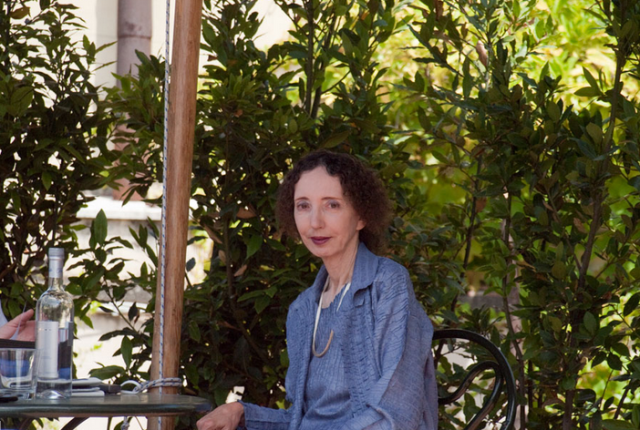


It is rare that a writer is an icon of modern American literature during his or her time. Read more…
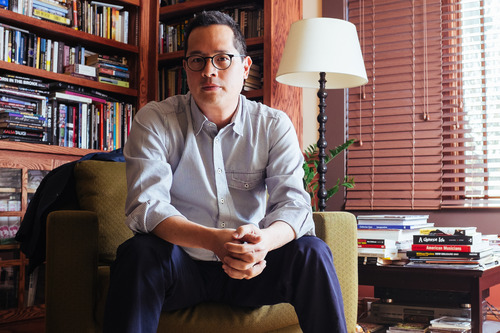
The first question that crossed my mind when I met Jeff Chang was: How does a Chinese-Hawaiian prep school kid from the islands with a hipster-esque fashion sense become one of today’s preeminent hip-hip scholars and activists?

Everyone loves Jake Shimabukuro. Maybe that’s an exaggeration, but I wouldn’t have known it sitting in Bing Concert Hall, listening to the crowd’s seemingly uncontainable cheers and applause for the ukulele virtuoso.

Roble Theater has been transformed into a turn of the century Parisian café for the production of Steve Martin’s comedy Picasso at the Lapin Agile, directed by Max Walker-Silverman and produced by Safiya Nygaard.
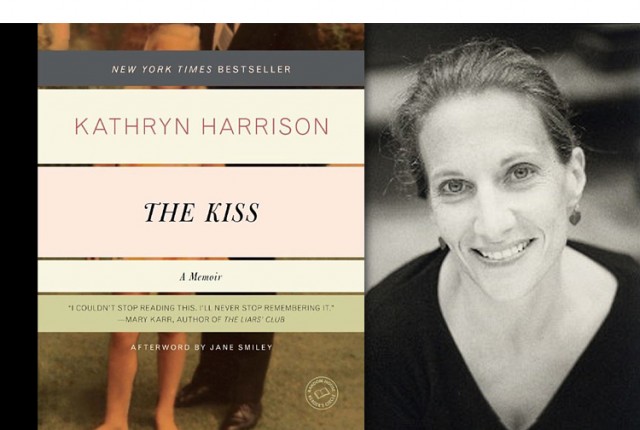
This is possibly the most difficult article I have written since I was learning the five-paragraph hamburger style essay (so you’d better enjoy it, damn it).
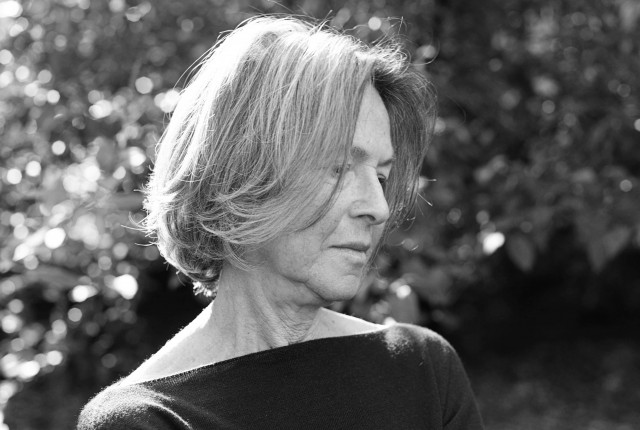
Stanford has drawn great writers – they come as speakers, visiting faculty, permanent faculty, and writers in residence. Given how many speakers the creative writing department hosts each quarter, it seems like it would be difficult to continue to top expectations and make each reading extraordinary. But this past Tuesday, I was lucky enough to hear poet Louise Glück read to a large, absolutely silent Cemex auditorium. Expectations were met and exceeded.
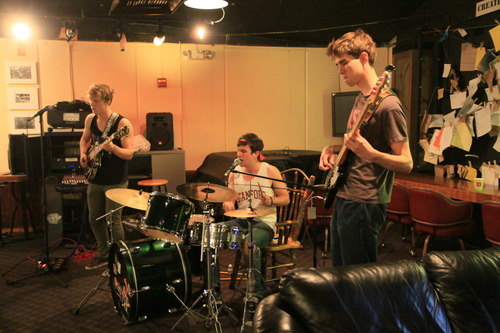
It is a chilly fall night on campus and people are packed onto rows of couches and benches behind Slav, bundled in coats and scarves and swaying to the music of Another Castle, a three-piece band: a rapping drummer wearing a bright orange headband, a crooning guitarist in a hipster vest, and a bassist whose expression never changes, except for occasionally sticking out his tongue during, presumably, tricky parts.